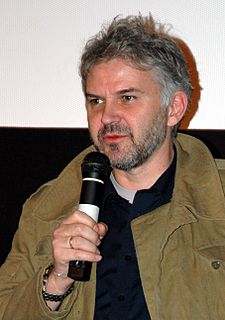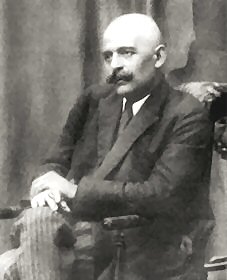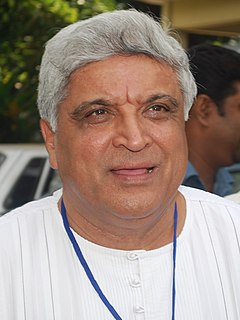A Quote by Eugene Ionesco
There is no religion in which everyday life is not considered a prison; there is no philosophy or ideology that does not think that we live in alienation.
Related Quotes
In the history of humanity there are no civilizations or cultures which fail to manifest, in one or a thousand ways, this need for an absolute that is called heaven, freedom, a miracle, a lost paradise to be regained, peace, the going beyond History... There is no religion in which everyday life is not considered a prison; there is no philosophy or ideology that does not think that we live in alienation.... Humanity has always had a nostalgia for the freedom that is only beauty, that is only real; life, plenitude, light.
On one hand, prostitutes don't struggle because it's simply their life. In Mexico and elsewhere, once they get out of these places [brothels] they have a pretty square life. In Bangladesh it's different because they live in the brothel, it's sort of a prison, but still there are two sides. When they think of their religion and their upbringing, they can be very moralistic. They're moralistic about giving blow jobs. On the other hand, they have an everyday life where there's no room for shame.
I have never, in all my life, not for one moment, been tempted toward religion of any kind. The fact is that I feel no spiritual void. I have my philosophy of life, which does not include any aspect of the supernatural and which I find totally satisfying. I am, in short, a rationalist and believe only that which reason tells me is so.
Interest in religion is not necessarily interest in God. Religion in public life means a set of ideas, an ideology that has certain positions. Religion is then one more ideology among others. Religion is about God. Religion begins with a relationship to God, not a relationship to an idea. It is God who is an actor, not just individuals who have certain beliefs who are actors. God is an actor.
I never think in terms of alienation; it's the others who do. Alienation means one thing to Hegel, another to Marx and yet another to Freud; so it is not possible to give a single definition, one that will exhaust the subject. It is a question bordering on philosophy, and I'm not a philosopher nor a sociologist. My business is to tell stories, to narrate with images - nothing else. If I do make films about alienation - to use that word that is so ambiguous - they are about characters, not about me.
The way forward does not lie in amateur and comically timeless linguistic sociology which takes 'forms of life ' for granted (and this is what philosophy has been recently), but in the systematic study of forms of life which does not take them for granted at all. It hardly matters whether such an inquiry is called philosophy or sociology.
I think it would help if, when people are first ordained, they underwent a period of strict training, maybe for several years. During this time they would learn basic Buddhist philosophy in a monastic community where all the teaching and training was directed toward living a perfect monastic life and wasn't channeled out to fit into the lay life - which is what usually happens in Dharma centers where the teachings are directed toward how to live the Dharma in your everyday life.
If one believes philosophers, then what we call religion is only a deliberately popularized or an instinctively artless philosophy. Poets seem to consider religion rather as a variation of poetry which by misjudging its proper beautiful game takes itself too seriously and one-sidedly. Philosophy, however, admits and recognizes that it can begin and complete itself only with religion. Poetry seeks only to strive for the infinite and despises worldly utility and culture, which are the true antitheses of religion. Eternal peace among artists is thus not far away.



































